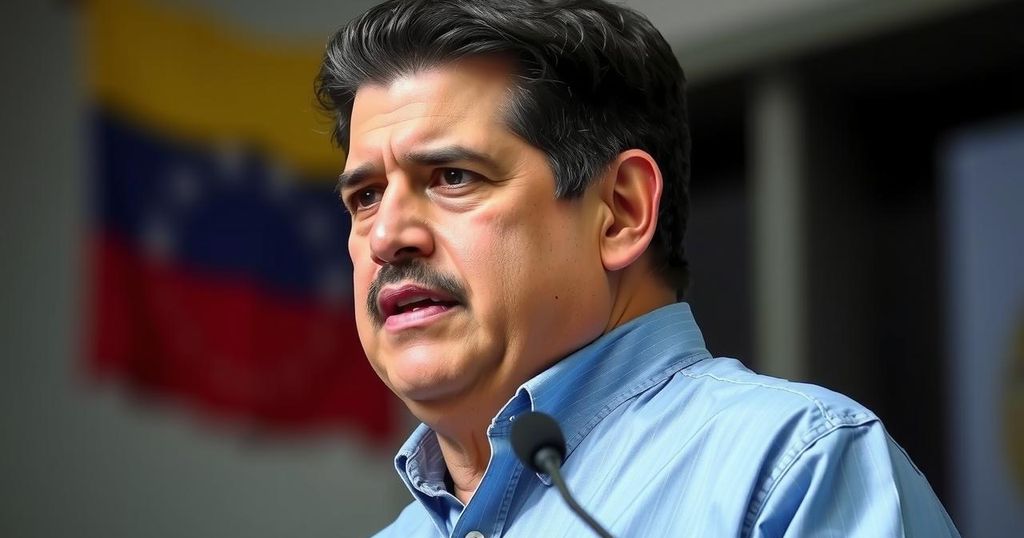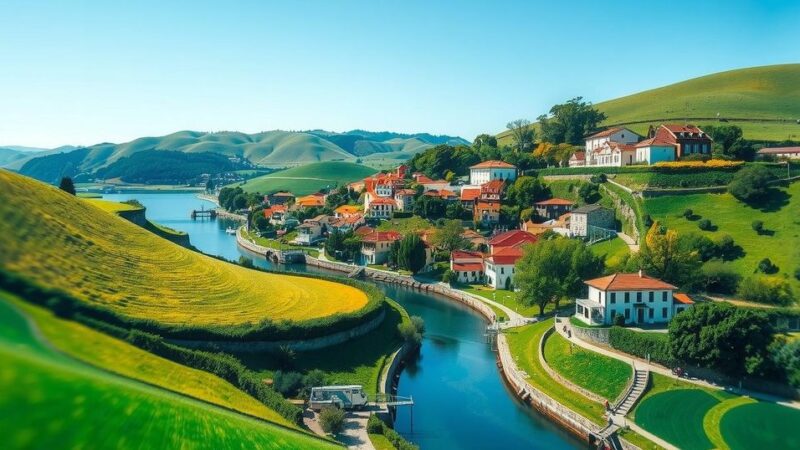Nicolás Maduro’s inauguration for a third term amidst election fraud claims has united regional leaders in opposition. Experts from the Atlantic Council call for stronger international support for Venezuela’s democracy, highlighting the internal tensions within Maduro’s regime and the need for a cohesive strategy from the opposition as Venezuela struggles under authoritarian rule.
On January 8, 2025, Nicolás Maduro was inaugurated for a controversial third term as Venezuela’s president amidst allegations of electoral fraud that favored his regime. Opposition candidate Edmundo González was determined to have won the July election based on vote tallies collected by opposition parties. In the face of tightening repression, including the arrest of prominent opposition leader María Corina Machado, experts from the Atlantic Council have weighed in regarding the implications of this power consolidation for Venezuela’s future.
Jason Marczak emphasizes that Latin American leaders from various political backgrounds have united in their condemnation of Maduro’s actions, indicating the growing regional consensus against his authoritarianism. Geoff Ramsey notes the significant internal tensions within Maduro’s regime and advises the incoming Trump administration to navigate these divisions strategically. Meanwhile, Iria Puyosa criticizes the Biden administration’s new sanctions, deeming them insufficient to instigate Maduro’s removal.
Lucie Kneip warns that a united opposition must formulate a clear strategy ahead of upcoming elections to challenge Maduro’s grip on power effectively. Lastly, William Tobin discusses the potential recovery of Venezuela’s oil sector and the importance of balancing sanctions against individuals with oil sanctions to limit Maduro’s financial maneuvers. Such collective insights underscore the fragile nature of Venezuelan democracy and the urgent need for cohesive international support.
The political landscape in Venezuela has been marred by controversy and repression, particularly surrounding the recent presidential election held in July 2024. Nicolás Maduro, despite broad accusations of electoral fraud, secured a third term which has met with widespread regional and international disapproval. Opposition leaders, notably Edmundo González and María Corina Machado, have garnered significant public support yet have faced crackdowns from the Maduro regime. These events have sparked a resurgence of calls for international intervention and reevaluation of sanctions aimed at the Venezuelan government.
The future of Venezuela remains uncertain following Maduro’s illegitimate assumption of power. Experts highlight the critical need for a unified opposition and strategic international pressure to support democracy in the country. The consolidation of power by Maduro amplifies existing tensions within his regime, suggesting potential vulnerabilities to exploit. A comprehensive approach combining diplomatic efforts and targeted sanctions appears essential in fostering a transition toward democracy for Venezuela.
Original Source: www.atlanticcouncil.org







